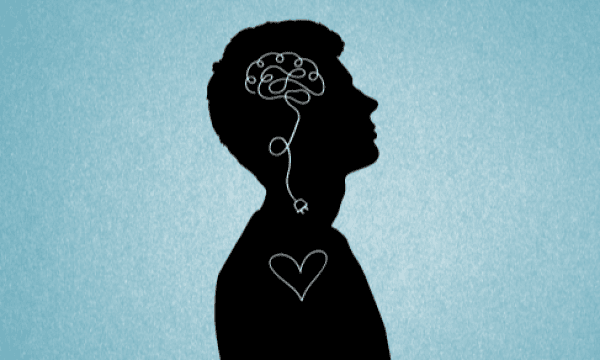
Meet your match at myTamilDate.com!
Many Sri Lankan Tamils have migrated to highly economically developed countries such as the United Kingdom (UK), Canada, and the United States (U.S.) in search of better opportunities for well-being. As a result, we have left behind our homelands and adapted to environments that are quite different from what we were initially accustomed to. The hot and tropical seasons we were familiar with have been replaced by dry and cold climates. While there are evident benefits to migration, it is essential to consider the potential negative implications that may arise from such a significant life change. So, besides the obvious advantages of migration, what are some of the downsides that we should be aware of?
It is intriguing to discover that vitamin D deficiency is prevalent among South Asian populations residing in Western countries. Specifically, South Asian populations in the UK exhibit the highest severity of vitamin D deficiency, with levels falling below 12.5 nmol/l, followed by Canada and the U.S. This information highlights the significance of addressing and raising awareness about vitamin D levels within these communities.
It's not surprising considering that the biological mechanisms responsible for producing vitamin D from sunlight may not be as efficient in areas with lower concentrations of sunlight in comparison to Sri Lanka with its 2,600 hours of sunshine per year. The lack of sunlight available for 7-dehydrocholesterol precursors to convert into vitamin D3 can indeed have significant health consequences. What's even more fascinating is the connection between vitamin D and mental health, which may not be widely known. Extensive research has shown that higher levels of vitamin D3 levels can contribute to the up regulation of a neurotransmitter called serotonin. Serotonin plays a crucial role in brain functioning and deviations from normal levels can manifest as various behavioural and psychological effects including depression, anxiety, antisocial behaviour, and dependence. Unfortunately, this issue and its impact on mental health haven't received much attention or awareness in our communities. One possible reason could be a lack of awareness or funding from governments and organisations to specifically highlight this issue within minority cultures.
The real-world implications of these developments have had profound effects on both the financial and healthcare sectors. In months for individuals experiencing mild to moderate symptoms of negative mental health, interventions such as S.A.D lamps, UV light therapy and vitamin D supplementation should gain recognition within our communities. Investing in such cost-effective treatments can greatly benefit households more prone to vitamin D deficiency. This valuable information can also play a crucial role in facilitating informed decision-making regarding non-invasive treatments and pharmaceutical interventions. In addition to these approaches, this article aims to propose a more instinctual and innate origin of intervention. By exploring the potential benefits of increasing daily sunlight exposure, we can potentially observe improvements in symptoms associated with mood disorders. Establishing such a link could pave the way for more definitive connections between psychiatric disorders and our environments. Undoubtedly, this is a topic that warrants further exploration.



























